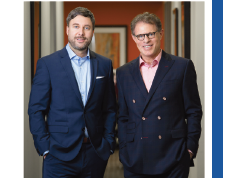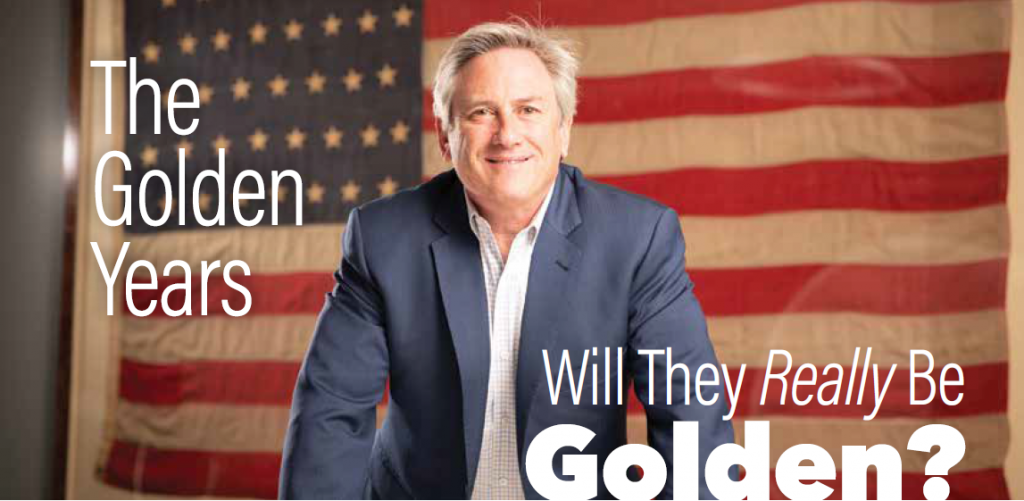Is recent inflation episodic or transitory? Price stability is a basic underlying pillar of a strong economy. U.S. consumer prices increased last month at their fastest annual pace in 13 years in the face of supply shortages, labor shortages, and energy price increases. Consumer prices continued to rise, particularly as demand that is driven by people getting back to normal purchasing patterns, and the supply of goods is increasingly constrained by labor shortages causing ‘supply chain’ bottlenecks. Hence, the classic definition of inflation is applicable: too many dollars chasing too few goods. And to further exacerbate the inflation issue is the fact that many manufacturers of goods take advantage by raising prices to increase profits and OPEC energy countries are delighting in an oil market squeeze with increased fuel demand, partially due to U.S. government-provoked oil production decreases. Add to that the issue of forced minimum wage increases and repeated government stimulus programs prolonging support for employees whose jobs were affected by the pandemic—which is disincentivizing employees to return to work, which is something that would break the supply chain logjam.
Generally, consumer sentiment is significantly influenced by the media, which is often an important driver of inflation. The Federal Reserve, the Treasury Department, Congress, and the President’s economic advisors, collectively referred to as policymakers, influence markets and consumer economic activity. And this is done not just through financial channels such as banks and Wall Street firms, but also by directly shaping the public’s views about the future through deliberate press releases to the media. This media frenzy often results in distorted consumer behavior. For example, when the media reports expectations for goods shortages, higher inflation, higher taxes, and higher interest rates, consumers rush out to purchase goods to get ahead of future higher prices and a shortage of funds in their bank accounts. This process sets the stage for a surge in economic activity followed by a collapse. The resulting higher prices, lower consumer confidence, decreased consumer spending, increased savings, decreased investment in new plants and equipment, and slower economic activity (fewer dollars moving around in our economy)—which is together referred to as stagflation—have the impact of a real economic disaster. Therefore, additional government intervention is required to stimulate the economy back to life. The result is an excessively centrally controlled system, where risk by investment is not incentivized and rewards are no longer prized, slowing business activity, stagnating the economic cycle. This entire cycle is really a self-imposed governmental feedback loop—the more well-intended government involvement that is applied, the more smothering effects of government programs that result. And paradoxically, to help finance additional government support, additional confiscatory, income-eroding, punitive taxes are implemented in a ‘tax the rich ruse’. The United States, the largest and most productive capitalistic system on the planet, that is based on opportunity and self-initiative, is then paralyzed in a ‘70s-style system, noncompetitive and economically degrading.
The monetary intervention by the Federal Reserve that this country has been experiencing recently was originally initiated to prevent a pandemic-driven economic collapse. However, the excessive, ongoing governmental involvement and high taxation in our capitalistic free-market system distorts and impedes long-term, steady economic growth to the point of fostering a self-perpetuating cycle of stagnation, which ultimately will lead to overwhelming governmental control in an effort to perpetually try to prevent further failure that was of the government’s own making due to futile manipulations of the economy. The success of one generation’s policy makers in learning and heeding those fundamental lessons about taxation, economic growth, and inflation will determine what kind of country the next generation will inherit.
MD Wealth Partners, Inc.: A personal wealth enhancement boutique for select clients.
mark@mdwealthpartners.com mdwealthpartners.com 805.402.8642



